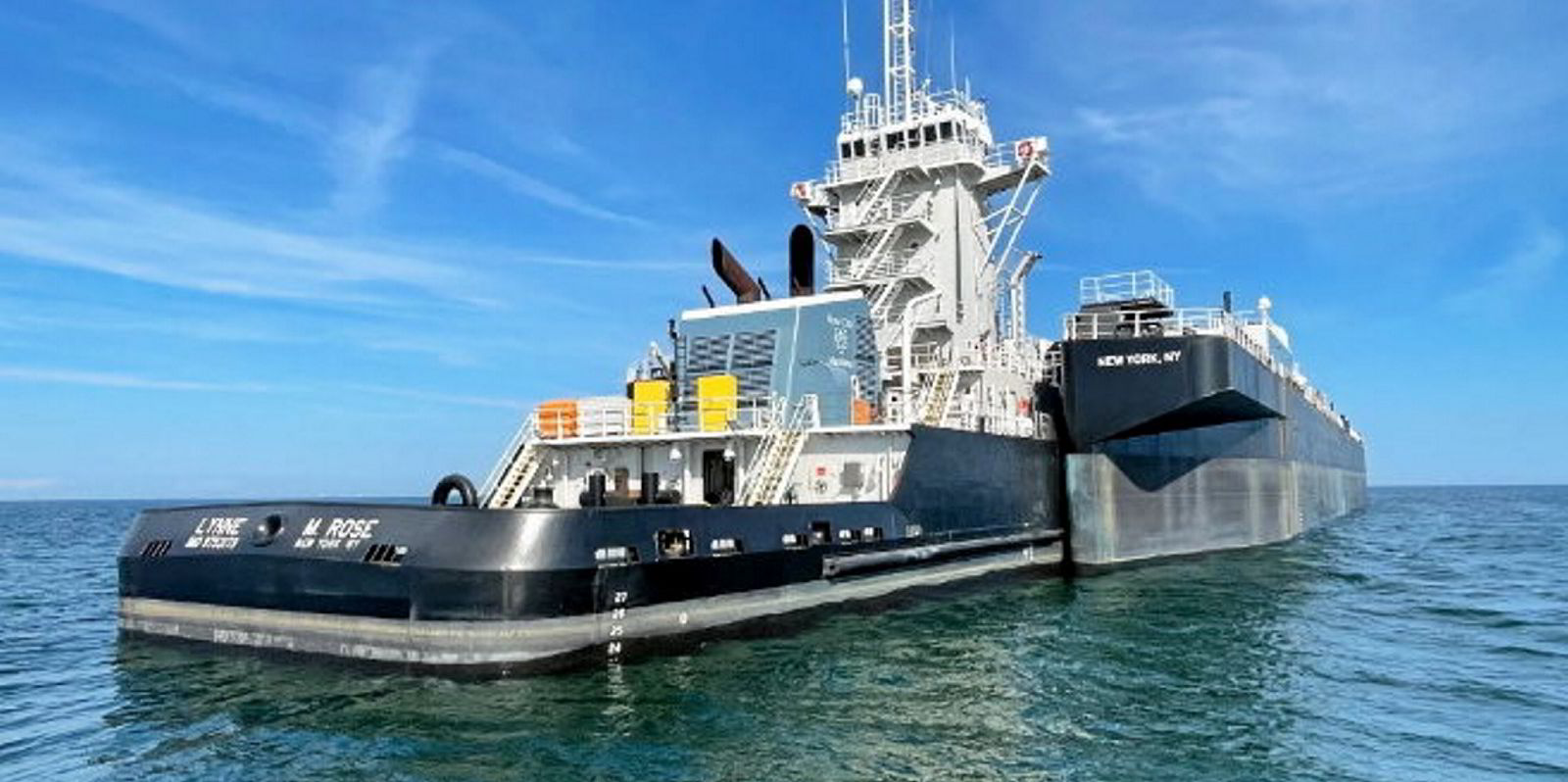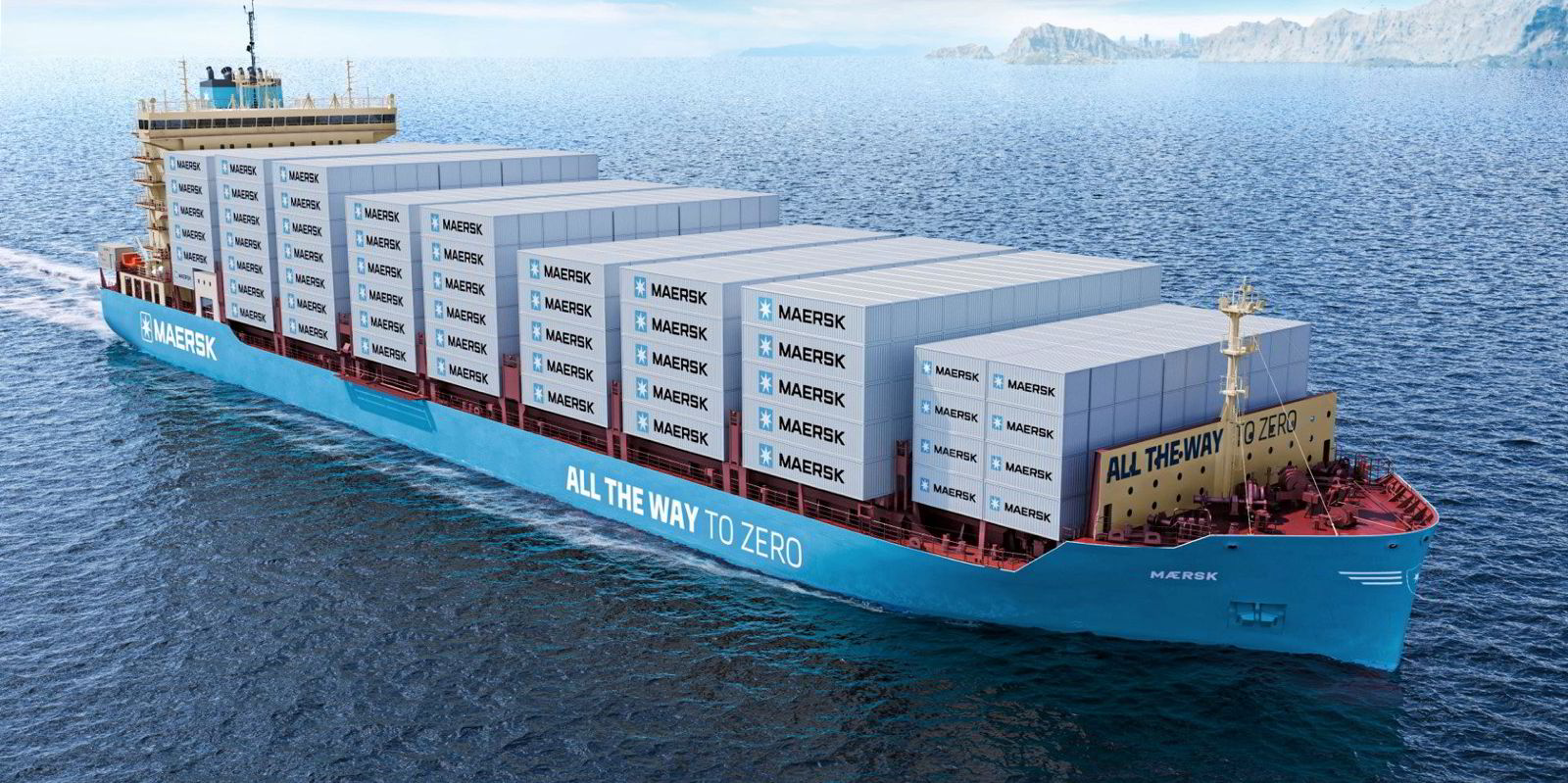US green methanol start-up Carbon Sink has agreed a deal with shipowner Rose Cay Maritime (RCM) to help it distribute its products.
The companies said the Jones Act tug-barge operator will accelerate the shift towards low-carbon fuels in the US.
The agreement outlines a plan for increasing green fuel production, transport, bunkering and storage specifically tailored for the shipping sector.
“RCM’s prowess in the low-carbon maritime fuel supply chain will provide Carbon Sink with a robust platform to seamlessly link its green methanol projects to customers by offering end-to-end logistic solutions,” a statement said.
“This collaboration will ensure a cost-effective, streamlined supply chain as Carbon Sink develops large-scale green methanol production facilities across the US,” it added.
RCM said Carbon Sink is a leader in the creation of state-of-the-art green methanol plants.
The shipping company's chief executive Alex Parker added: “Together, we look forward to providing much-needed green methanol production and supply chain solutions to meet growing demand from the ambitious decarbonisation goals of the maritime industry.”
More than 220 methanol-capable vessels are operating or under construction worldwide, representing an annual demand exceeding 6m tonnes of green methanol, the companies said.
In November, Carbon Sink signed a letter of intent with Danish shipping giant AP Moller-Maersk to deliver 100,000 tonnes of green methanol annually from its debut plant.
The facility is slated to start production in 2027.
Maersk buying the lot
Maersk is expected to purchase the full volume of fuel produced, with options for future Carbon Sink facilities.
Carbon Sink CEO Steve Meyer said: “Rose Cay Maritime is the ideal partner to help Carbon Sink deliver our carbon-neutral fuels to our customers. Their industry knowledge and leadership in advancing the maritime energy transition will enable us to better serve the market as we expand our production capacity.”
RCM has a fleet of 18 tug-barges.
Carbon Sink is developing projects to convert waste CO2 into sustainable fuels and chemicals.
The company claims it offers the potential to deliver millions of tonnes of carbon-neutral e-methanol annually for shipping before 2032.




